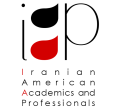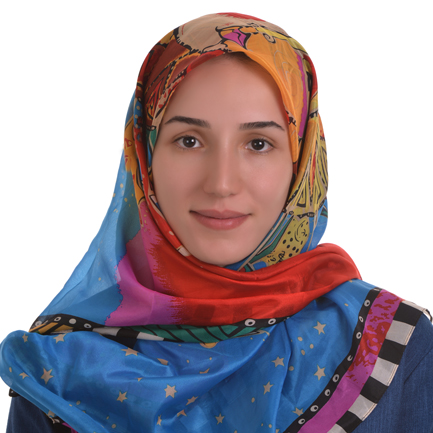Where: Montgomery Community College (Rockville Campus) – Humanities Building (HU), Conference Room 009
(Get Directions, Campus Map)
Language: English

Synopsis:
X-ray has been used in imaging and treatment of cancers since its discovery by Rontgen in 1895. X-rays is part of the electromagnetic radiation spectrum with energies higher than visible light. X-rays are partially absorbed and scattered by tissues when striking the body but those that pass through the body can be detected to form an image of the internal organs. Images taken with one x-ray projection are called planar images. They are mainly good for imaging bony anatomies. Computed tomography (CT) is an imaging procedure that uses multiple X-ray projections to create detailed images of areas inside the body.
Shortly after the use of x-ray for imaging its damaging effect to personnel dealing with x-ray started to emerge. At the same time it was discovered that the same damaging effect can be used for treating cancers. Linear accelerators (Linac) provide high energy x-rays for cancer treatment. Currently there are all kinds of specialized Linacs for treating cancers. However the newest development in cancer treatment is using proton and other particle beams for therapy. In this talk history of x-ray in medical application and the recent application of particle beams in cancer therapy will be presented.
About the Speaker:
Mehrdad Sarfaraz is currently Chief Medical Physicist at George Washington University Hospital Radiation Oncology Center. He is certified by American Board of Radiology and has worked in the field of radiation oncology and radiology for over thirty years. His former position was Chief Technology and Innovation Officer at RadAmerica, a subsidiary of MedStar Health organization. He previously held multiple academic appointments including Associate Professor at University of Maryland Medical School.
Mehrdad Sarfaraz received his BS and MS in physics from Sharif University of Technology and Michigan State University correspondingly. He later on switched his field of study to Medical Physics and was granted PhD in Radiological Sciences from George Washington University. He has published many articles on radiation medical applications and has been invited to present in multiple conferences and seminars. He was recipient of a scholarship and a research grant and was awarded Teacher of the Year by Association of Residents in Radiation Oncology.
For this lecture: light refreshment will be provided
Please click here to RSVP.

